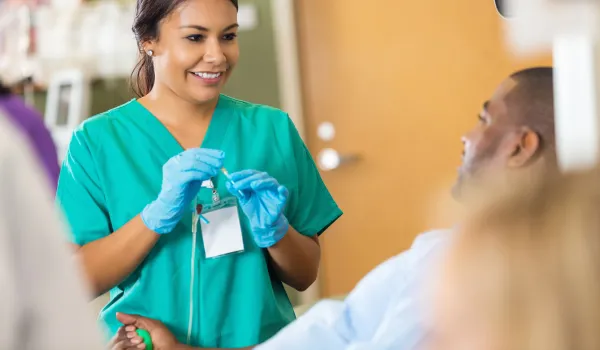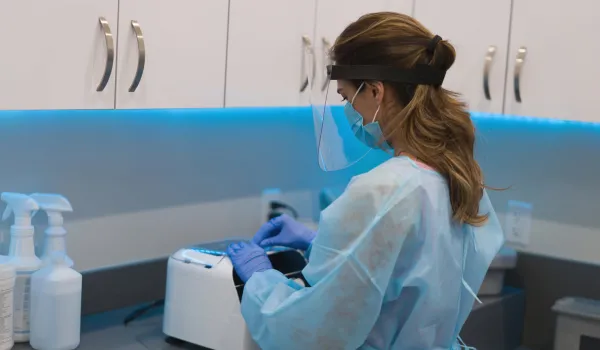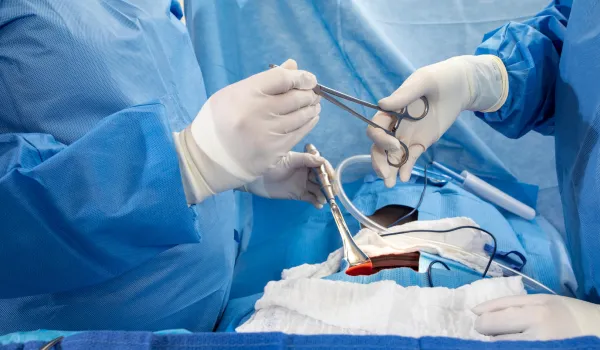Concorde Staff

If you're like most Americans, you spend Independence Day celebrating with family and friends, grilling out, listening to loud music and enjoying an extra day off from work ... oh, and shooting off as many fireworks as you can get your hands on. From snakes, sparklers and Saturn missiles to bottle rockets, roman candles and even large mortar shells, the Fourth of July offers plenty of opportunities for fun with fireworks - and if you're not careful - just as many opportunities for injury.
So before you run off to the nearest fireworks stand and load up on smoke bombs, fountains, and firecrackers, take a look at these firework safety tips to make sure you and your loved ones stay safe this holiday.
Firework Safety tips
1) Obey all local laws and regulations regarding fireworks
Cities, counties, and states have laws regarding fireworks in place for a reason. Before you set any off, make sure you're up-to-date on the rules. Most of the time, you can find local regulations online.
2) Read the label before lighting the fuse
Even if you think you know how to properly use a firework, read the instructions first. When it comes to explosives, it pays to know exactly what you're getting into and how to use them.
3) If you plan to use fireworks, lay off the alcohol
This one is pretty self-explanatory. If you're shooting off fireworks, save the alcohol for after you've finished.
4) Always provide child supervision
Children should never be left alone with fireworks (even small, seemingly harmless ones). Make sure your children are properly supervised at all times by you or another adult you trust.
5) Don't relight a dud
If a firework doesn't light the first time, consider it a lost cause. Stay away from it for at least 20 minutes before approaching, and when you do, pour water over it immediately.
6) Light fireworks one at a time
You might think it's a great idea to tie a bunch of fuses together for one big bang, but we assure you, it's not. Only use fireworks as they were meant to be used - one at a time.
7) Always have water on hand
You never know when a firework will explode unexpectedly, shoot off toward a dry patch of grass or end up in a neighbor's trashcan down the street. Keep a hose or bucket of water by your side for such occasions.
8) Only shoot off fireworks in wide-open, outdoor spaces
Your mother told you never to run in the house. The same goes for fireworks. They're an exclusively outdoor activity. Find a large, open space where even if a firework goes haywire, it's not going to cause any personal or property damage.
9) Don't transport fireworks in your pockets
Imagine a firework exploding centimeters from your leg ... we'll just leave it at that.
10) Wet your used fireworks before throwing them out
After shooting off your last firework of the evening, don't do what most people do and leave a pile of burnt up ashes and paper in the street. Gather up all the little bits and pieces, wet them down, and then throw them in a metal garbage can away from any combustible materials.
If you follow all these tips, you'll be well on your way to a safe holiday. Now go out and celebrate!

Take The Next Step Towards a Brighter Future
We have a Concorde representative ready to talk about what matters most to you. Get answers about start dates, curriculum, financial aid, scholarships and more!



